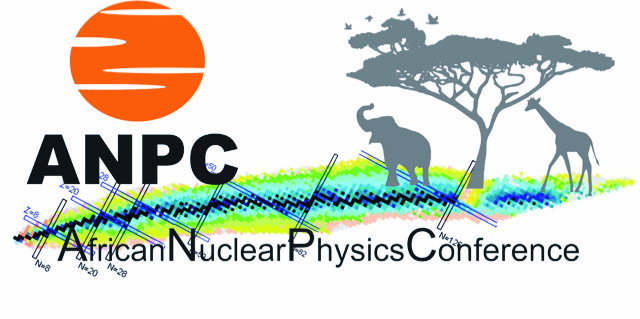Speaker
Description
iThemba Laboratory for Accelerator Based Sciences (LABS) is a multidisciplinary research facility that is based on the development, operation and use of particle accelerators and related research equipment. Besides the production of radioisotopes for medical applications, the radiation biophysics division at iThemba LABS provides a unique opportunity to perform applied nuclear physics research in Africa, which is closely linked to the medical field. By combining the expertise of the medical physics and radiation biology research groups at iThemba LABS, the overall goal of this research division is to explore the physical and biological interactions of different radiation qualities (both external radiation beams and radioisotopes) on a variety of biological systems. In addition, the division has a close collaboration with local universities in South Africa and international research institutes, in order to train the new generation of researchers in critical skills areas such as radiation biology.
The multidisciplinary research in the division covers many different topics which can be summarized in the following categories:
• Particle therapy
• Targeted radionuclides
• Radiation protection
• Space research
The medical research directions tie in with state-of-the-art radiation therapy where personalised medicine is becoming a reality. Both charged particles and targeted radionuclides will play an important role in the future of precision radiation therapy. Since major breakthroughs in this field are expected from radiobiology research, the division is investigating complex functional end points to elicit the biological response signature of charged particles across the molecular and tissue level and the impact of combined treatment regimens. The different research project are aligned with national research priorities by investigating the impact of HIV infection and ethnicity on the radiosensitivity of radiation therapy patients in South Africa.
The division serves the broader community by offering a biodosimetry service and is continuously upgrading and improving its capacities by undertaking radiation protection related research projects. The unique neutron radiation modalities at iThemba LABS play a central role in these projects, since large uncertainties remain on the relative biological effectiveness of neutrons, particularly for low-dose and protracted exposures. In addition, the number of facilities that provide neutron beams for biological research is worldwide very limited.
Recently, the division started the INVEST project, which aims to optimize and validate a unique ground-based in vitro model to study space health effects. Space travel comprises a unique and complex stress model composed of physical (i.e. cosmic radiation and microgravity) and psychological stressors. Through this project we aim to optimise and validate a ground-based set-up to simulate the space environment for in vitro studies on lymphocyte subsets and hematopoietic stem/progenitor cells, in order to evaluate the impact of individual and combined space stressors on the immune system and leukaemia risks of astronauts. The implementation of this ground-based model at iThemba LABS over the next three years will result in the first space laboratory for life sciences in Africa, which will form a basis for future collaborations and innovative research projects.

